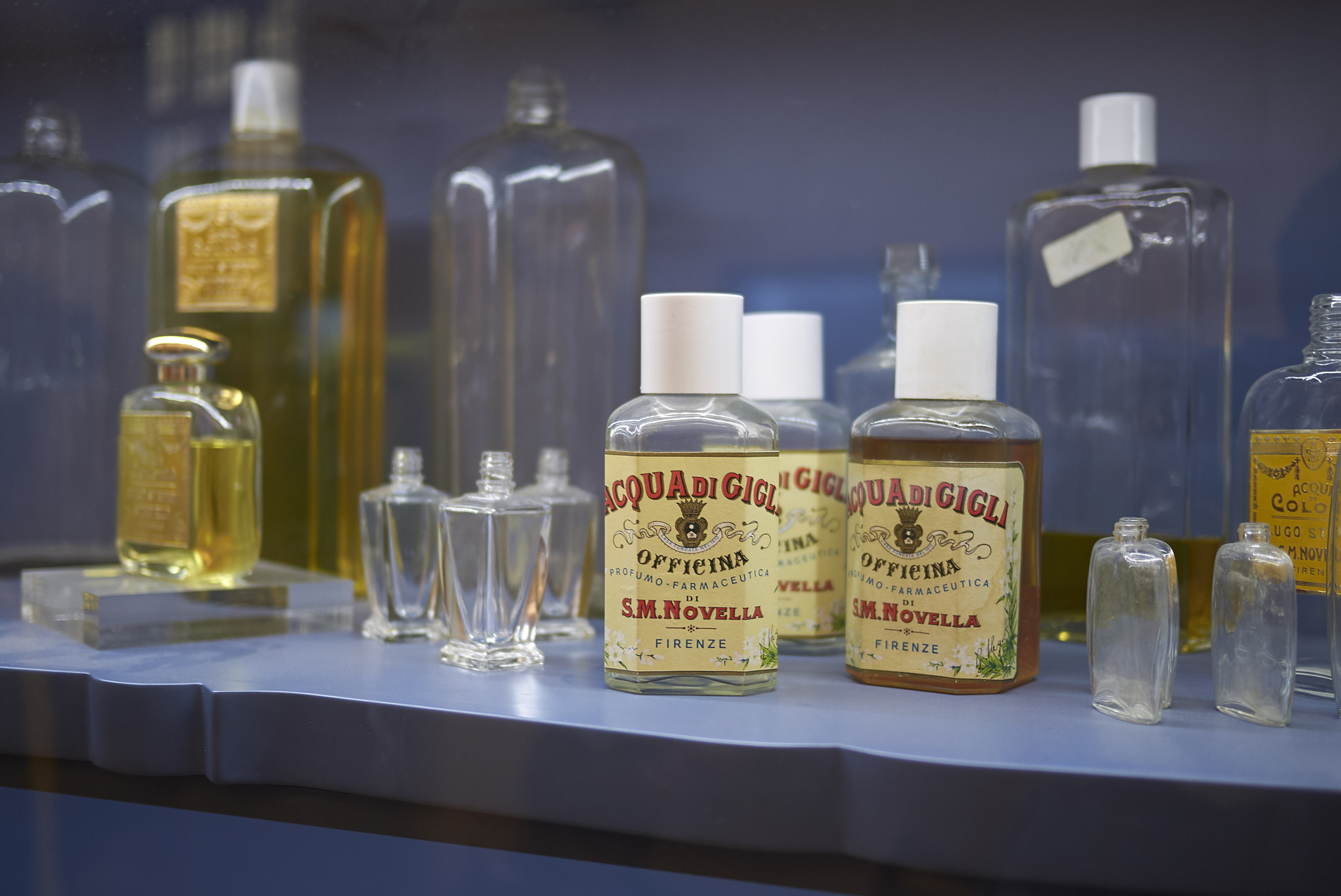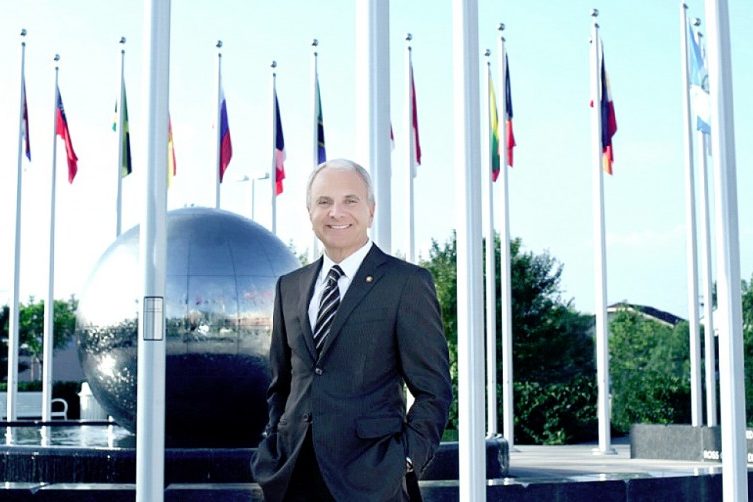From Sicily to Los Angeles, Italian actress Romina Caruana (Pots&Lids, Don Matteo, Turbo) is writing a new page of both her career and personal life experience. The English version of her first book The Dance of Souls has been recently published by Mimi Tales Productions, and she is already working on a new amusing novel about the relationship between men and women, because “fact is stranger than fiction.”
At the same time, she is also playing the female lead in the American production The Italian, a movie by Michel Andre Constantin, filmed at the Joshua Tree National Park.
You have so many interesting projects under way. Let’s talk about The Dance of Souls, which has been presented on several occasions like the Italian Opera Festival at Soka University Performing Arts Center and the book signing at Italian Tramer Art Lounge.
It’s having a great success, and this makes me very proud. I used to look at my life as a puzzle whose pieces still needed to be put together, so that I could understand myself better. I’ve always liked to write, it’s part of my education as an actress when I work on a character. Instinctively, I put my story on paper in just one month, without thinking of the consequences. Then I realized that it could be an interesting reading for other people who share similar experiences and struggle to get through them. So I approached a few publishing houses in Italy and, after a little makeover for the sake of fiction, it was published by CIESSE in 2012. The English translation is receiving huge attention as well, and it will become a film.
Based on your personal history, the book deals with a difficult topic: autism. What is the message that you wanted to convey?
Somebody defined The Dance of Souls as a sort of “last will,” and it actually is a summary of all the things that I needed to say to my family, even if they wouldn’t listen. In the beginning, I was worried about their reaction, fearing that they might be offended. They congratulated with me instead, and that was a turning point. I learned that my authoritarian father was actually the one who motivated me, and that my autistic brother was the most “normal” of the family members with his contagious enthusiasm and love for life.
Yet autism isn’t the main focus of the novel, which rather narrates a girl’s journey from childhood to adulthood throughout the vicissitudes of her dysfunctional family. No matter how far we run, we can never escape our past, and we can’t grow up as human beings if we don’t face it. This is something extremely common, especially among those who left their home country, and allows the readers to identify themselves with the protagonist. As Lev Tolstoy wrote in Anna Karenina, “Happy families are all alike. Every unhappy family is unhappy in its own way.”
Was coming to L.A. your way of escaping? And how do you like it here?
Yes, it was. First I moved from Sicily to Rome, and then Italy started to feel constraining in terms of career opportunities, as I didn’t want to compromise. From the book I wrote a screenplay, with the aim of making a movie out of my studies on the subject, but nobody seemed to know what autism was when I tried to introduce it. Calling all my decisions into question, I moved to L.A. and the city welcomed me very well, offering opportunities that give me new strength every day, like the movie that I’m currently shooting. And again, the farther I go, the closer I get to my origins: for years I’ve tried to conceal my accent, now I’m playing the role of a Sicilian woman who speaks the dialect in a few scenes of the film.
In regards to the local Italian community, my relationship with it is controversial: on the one hand, I feel part of it as my family here; on the other hand, I know that I need to detach myself from it in order to move forward. Leaving Italy, one of the most beautiful countries in the world, and moving here to fulfill our dreams always requires a big sacrifice. This is what makes all of us special.




























